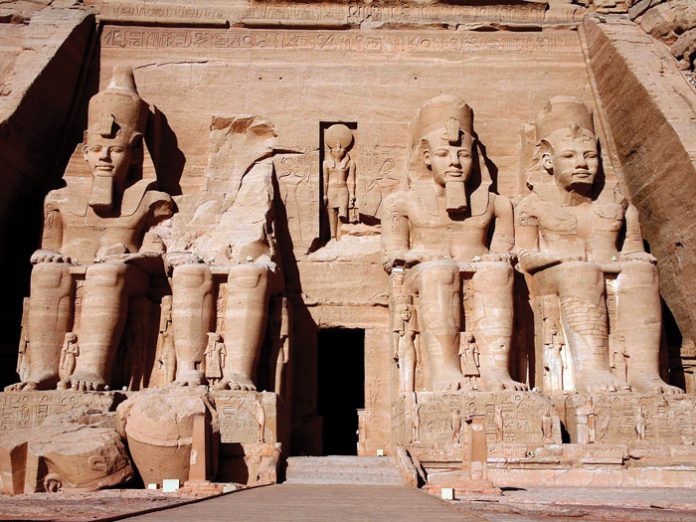She grew up in Italy, unaware of what being Jewish actually meant, but from an early age her soul glowed with a deep, inexplicable yearning for Torah and mitzvos. Today, Miriam Ben-Zeev is an expert in analyzing ancient archaeological, epigraphical, papyrological and literary sources pertaining to Jewish life in Egypt, Rome and Eretz Yisrael, lecturing worldwide and publishing prolifically.
On leil haSeder, we’ll all be reading the story of yetzias Mitzrayim as illustrated in the Haggadah, but through her unique vantage point as a seasoned historian, does Professor Ben-Zeev’s understanding perhaps go deeper than what simply meets the eye?
“Yetzias Mitzrayim is the same for all of us,” she insists, in her soft, lilting Hebrew.
Overawed, initially, at the thought of interviewing such a well-read and educated individual, I was even more bowled over when I discovered how eminently self-effacing and normal she truly is, despite her impressive credentials and remarkable profession. “However, it is definitely moving and exciting that as long as 2,500 years ago, even in a place as far away as Elephantine in Southern Egypt, Jews were keeping Pesach as we do today: on the 14th day of Nisan, keeping the feast of unleavened bread for seven days and refraining from working on the first and the last day. As a historian, I get a close-up look at how we share a bond to all Jews who came before us and all those who will be here after us!”
Miriam is also privy to fascinating insights where, from her vantage point, she sees how other cultures view Judaism and Jewish rituals. “It’s interesting to see other cultures recording stories that corroborate our Torah. In the case of yetzias Mitzrayim, an Egyptian priest who wrote in the third-century BCE, and whose work was later quoted by Josephus, happened to have written a story that’s very similar to yetzias Mitzrayim, only he reported it in exactly the opposite way! His account tells about a terrible nation, the Hyksos, who are identified with the Jews, who behaved despicably and therefore they were forcibly kicked out of Mitzrayim. He writes:‘They left Egypt and journeyed over the desert into Syria. …There they built in the land now called Judaea a city…and gave it the name of Jerusalem,’” she shares.
So begins our foray into the fascinating, confounding, eye-opening world of history, with its many twists and turns as new light is shone on ancient facts, revealing a kaleidoscope of insight and discovery.
Having launched headlong into the fathomless depths of Miriam Ben-Zeev’s knowledge, I now pause and work my way backwards. How did this chareidi mother and grandmother become a world-renowned tenured professor at Ben-Gurion University in the Negev, and how do her findings impact her worldview and her take on Jewish history?





















